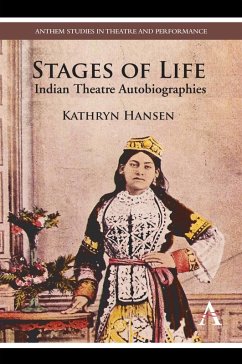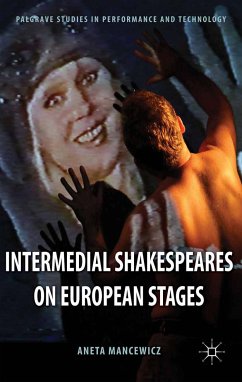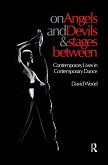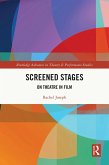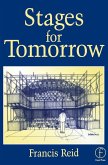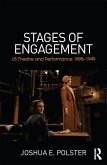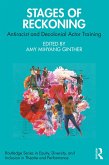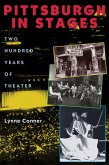By the end of the nineteenth century, Western-style playhouses were found in every Indian city. Professional drama troupes held crowds spellbound with their spectacular productions. From this colorful world of entertainment come the autobiographies in this book. The life-stories of a quartet of early Indian actors and poet-playwrights are here translated into English for the first time.
The most famous, Jayshankar Sundari, was a female impersonator of the highest order. Fida Husain Narsi also played women's parts, until gaining great fame for his role as a Hindu saint. Two others, Narayan Prasad Betab and Radheshyam Kathavachak, wrote landmark dramas that ushered in the mythological genre, intertwining politics and religion with popular performance.
These men were schooled not in the classroom but in large theatrical companies run by Parsi entrepreneurs. Their memoirs, replete with anecdote and humor, offer an unparalleled window onto a vanished world, where India's late-colonial vernacular culture and early cinema history come alive. From another perspective, these narratives are as significant to the understanding of the nationalist era as the lives of political leaders or social reformers.
This book includes four substantive chapters on the history of the Parsi theatre, debates over autobiography in the Indian context, strategies for reading autobiography in general, and responses to these specific texts. The apparatus, based on the translator's extensive research, includes notes on personages, performances, texts, vernacular usage, and cultural institutions.
The most famous, Jayshankar Sundari, was a female impersonator of the highest order. Fida Husain Narsi also played women's parts, until gaining great fame for his role as a Hindu saint. Two others, Narayan Prasad Betab and Radheshyam Kathavachak, wrote landmark dramas that ushered in the mythological genre, intertwining politics and religion with popular performance.
These men were schooled not in the classroom but in large theatrical companies run by Parsi entrepreneurs. Their memoirs, replete with anecdote and humor, offer an unparalleled window onto a vanished world, where India's late-colonial vernacular culture and early cinema history come alive. From another perspective, these narratives are as significant to the understanding of the nationalist era as the lives of political leaders or social reformers.
This book includes four substantive chapters on the history of the Parsi theatre, debates over autobiography in the Indian context, strategies for reading autobiography in general, and responses to these specific texts. The apparatus, based on the translator's extensive research, includes notes on personages, performances, texts, vernacular usage, and cultural institutions.
Dieser Download kann aus rechtlichen Gründen nur mit Rechnungsadresse in A, D ausgeliefert werden.

